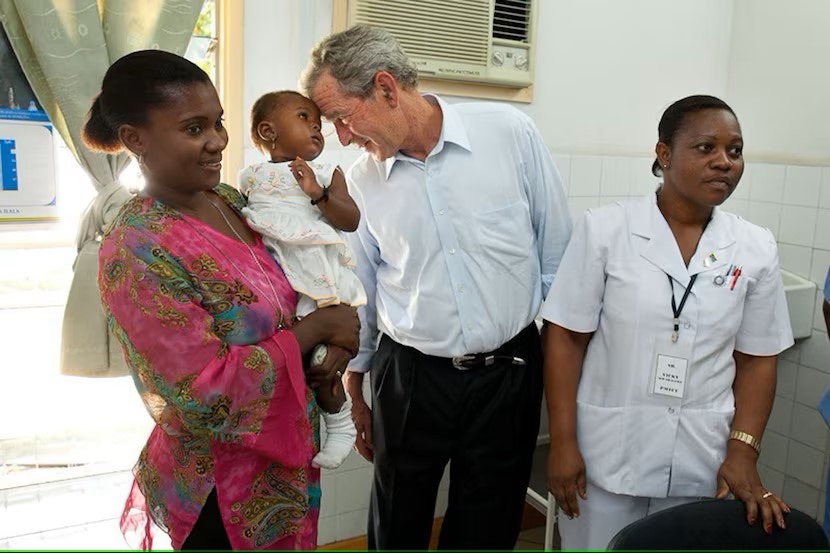The Olympic Games are, traditionally, a measure of the strength and triumph of the human spirit in the face of adversity. This is still the case at this year’s Olympic Games in Paris, with many athletes competing amid war and oppression in their homelands.
Russia’s war against Ukraine has likewise taken a heavy toll on its athletes, 487 of whom have been killed by Russian forces to date since Russia’s full-scale invasion of Ukraine in February 2022. The International Olympic Committee has banned Russia and Belarus from competing in these games, although it has allowed athletes from these nations to compete individually under neutral status.
The Paris Games have therefore taken a special meaning this year for many of Ukraine’s athletes. Fencer Olga Kharlan, upon winning an individual silver medal, dedicated her achievement to the Ukrainian athletes “who couldn’t come here, because Russia killed them.” She then led the Ukrainian women’s sabre team to a gold medal triumph over South Korea, ensuring that the Ukrainian national anthem was played at the Games for the first time, including its powerful refrain: “Our enemies shall vanish like the dew in the sun.”
A few days later, Ukrainian high jumper Yaroslava Mahuchikh repeated the sabre team’s golden feat, winning Ukraine’s second gold medal at the Games and its first individual gold. Mahuchikh had to flee her home city of Dnipro in eastern Ukraine during the first days of the full-scale invasion, but her parents still live there and, like most Ukrainians, she constantly worries that she will lose them “every time there is a rocket attack” by the Russians. She also urged all Russian athletes to speak up against the war that their nation is waging against Ukrainians, something only a handful of Russians have publicly done to date.
Finally, Ukrainian gymnast Illia Kovtun came up just short of another gold medal for Ukraine but caught the world’s attention with his distinctive tattoo dedicated to his homeland.
The Olympics, rooted in ancient Greek traditions of internecine warfare, have a long history with conflict and politics. In modern times, the Olympics were postponed three times (1916, 1940, and 1944) during the outbreak of global conflicts. In 1972, Palestinian terrorists caused the massacre of Israeli athletes in Munich, as depicted in Steven Spielberg’s eponymous film. In 1980 and 1984, the Olympics in Moscow and Los Angeles were severely impacted by the Cold War tensions between the Soviet Union and the United States, leading to respective boycotts.
The Paris Games, though not without incident, have so far been fortunately spared from these major cataclysmic events that plagued past Olympics. But the echoes of war have remained in place, as demonstrated by the Ukrainian athletes and their indomitable spirits in the face of the genocidal invasion of their homeland.






























